7 Lifestyle Habits That Could Be Worsening Your Dark Spots Without You Realising It
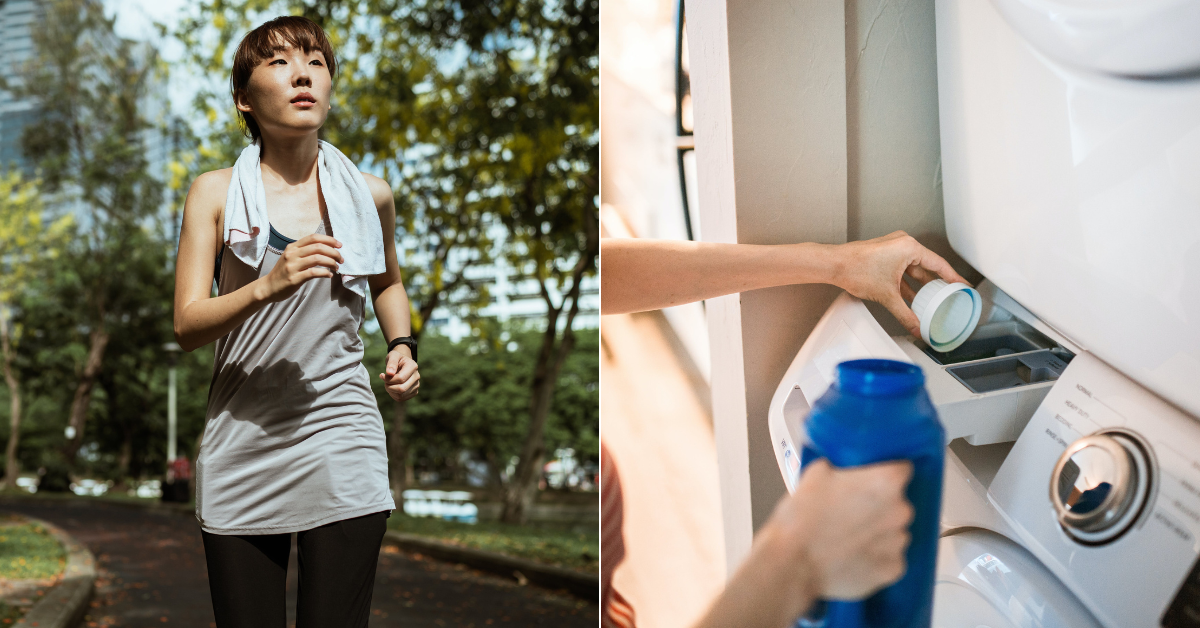 Thirsty for JUICE content? Quench your cravings on our Instagram, TikTok and WhatsApp
Thirsty for JUICE content? Quench your cravings on our Instagram, TikTok and WhatsApp

If you struggle with dark spots, you know it’s a challenge to get rid of them, especially those stubborn ones
Dark spots or hyperpigmentation is a common skin concern for many, and while they’re generally harmless, they can impact one’s self-esteem and confidence.
These spots appear when an excess of melanin, the pigment responsible for skin colour, accumulates in certain areas of the skin, leading to discolouration. While the causes of hyperpigmentation are diverse, ranging from sun exposure to inflammation, there are a few common culprits.
For example, sun-induced hyperpigmentation emerges from prolonged UV exposure, resulting in freckles, sunspots, or age spots. Whereas, post-inflammatory hyperpigmentation is triggered by skin trauma or inflammation, resulting in darkened areas during the healing process, often stemming from conditions like acne or wounds.
While various factors contribute to the development of dark spots, some lifestyle habits can inadvertently worsen these dark spots.
Here’s a look at lifestyle habits that could be making your dark spots worse:
1. If you’re pregnant, going through menopause, or using birth control, the hormonal changes could potentially trigger or worsen melasma

Hormonal fluctuations, particularly in women, can contribute to the development of dark spots. Pregnancy, birth control, and menopause are some of the common triggers for melasma, characterised by symmetrical patches of discolouration on the face.
It’s crucial to be mindful of these changes and consult with a healthcare professional or dermatologist to make appropriate skincare adjustments tailored to address hormonal-induced dark spots.
2. Fitness enthusiasts or those who spend the majority of their time outdoors might neglect wearing sunscreen during the day, which can worsen sun spots or darken acne scars

Exposing your skin to harmful UV rays without adequate protection is a major contributor to various types of dark spots like sun spots or darkened acne scars, particularly for those who spend extended periods outdoors. Skipping sunscreen not only increases the risk of pigmentation, but also accelerates the ageing process.
Make it a habit to apply a broad-spectrum sunscreen with at least SPF 30 to safeguard against sun-induced dark spots and promote overall skin health. Even if you’re indoors most of the time, it’s also a good practice to wear sunscreen, as UV rays can penetrate windows or doors.
3. Always in front of a screen? The blue light emitted can disrupt melanin production, potentially hindering the healing process of dark spots.

Constantly being on your phone or engaging in prolonged binge-watching sessions on your TV can contribute to the worsening of dark spots, particularly post-inflammatory hyperpigmentation.
The blue light emitted from screens can contribute to inflammation, disrupt melatonin production, and affect sleep quality. If you’re getting poor sleep, it may also contribute to skin issues, including the exacerbation of dark spots.
4. If you’re a spice lover, be mindful of consuming certain spices that can sensitise the skin to sunlight, potentially leading to the development of sunspots
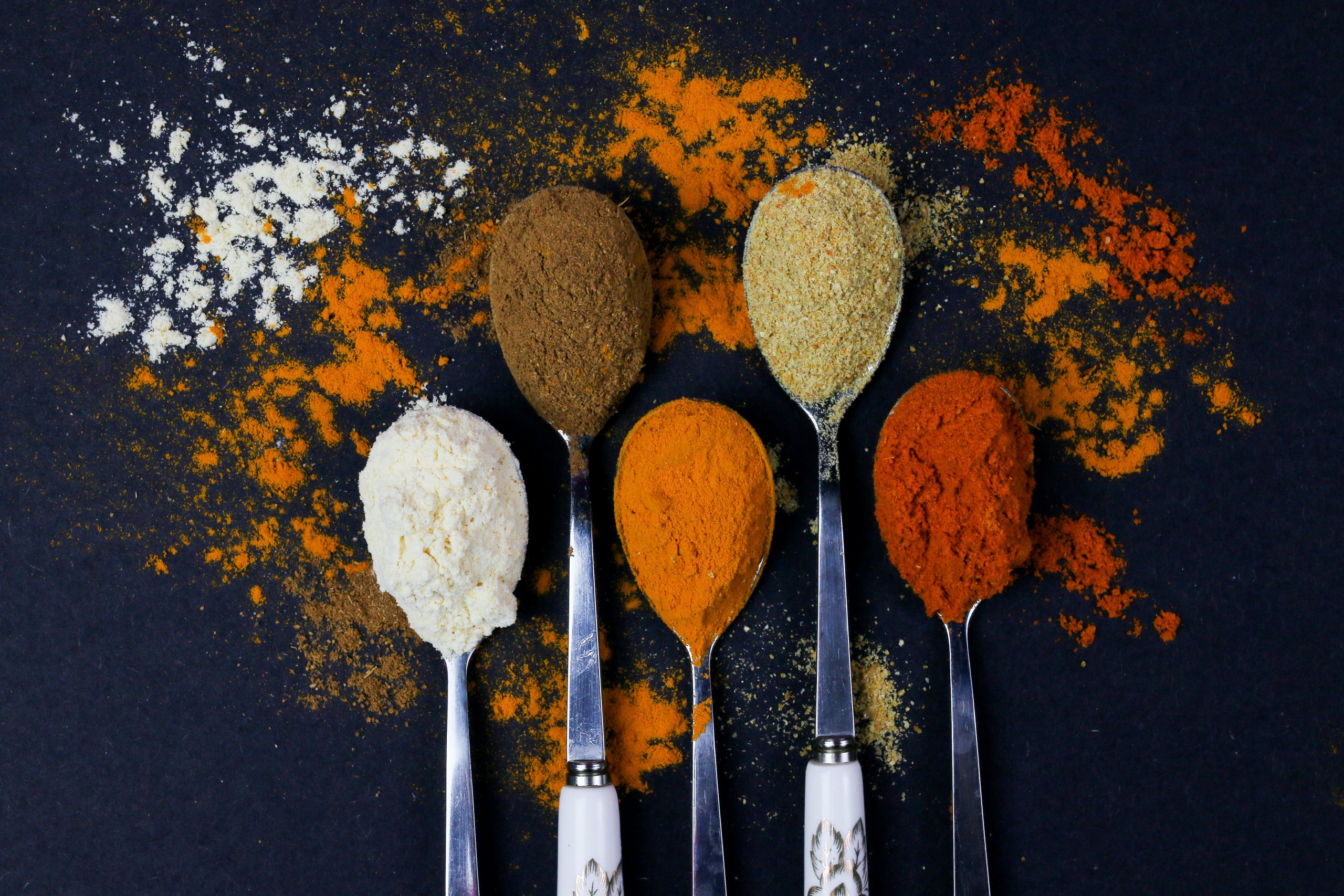
Some spices, like cinnamon and paprika, contain natural compounds that may sensitise the skin to sunlight, potentially contributing to the development of sunspots. The overconsumption of these spices, especially when combined with sun exposure, could potentially lead to the darkening of skin spots.
If you’re dealing with dark spots, consider consuming these types of spices in minimal amounts or, ideally, avoid them altogether.
5. Those with sensitive skin should steer clear from using fragranced laundry detergents, as they can cause irritation and potentially exacerbate dark spots
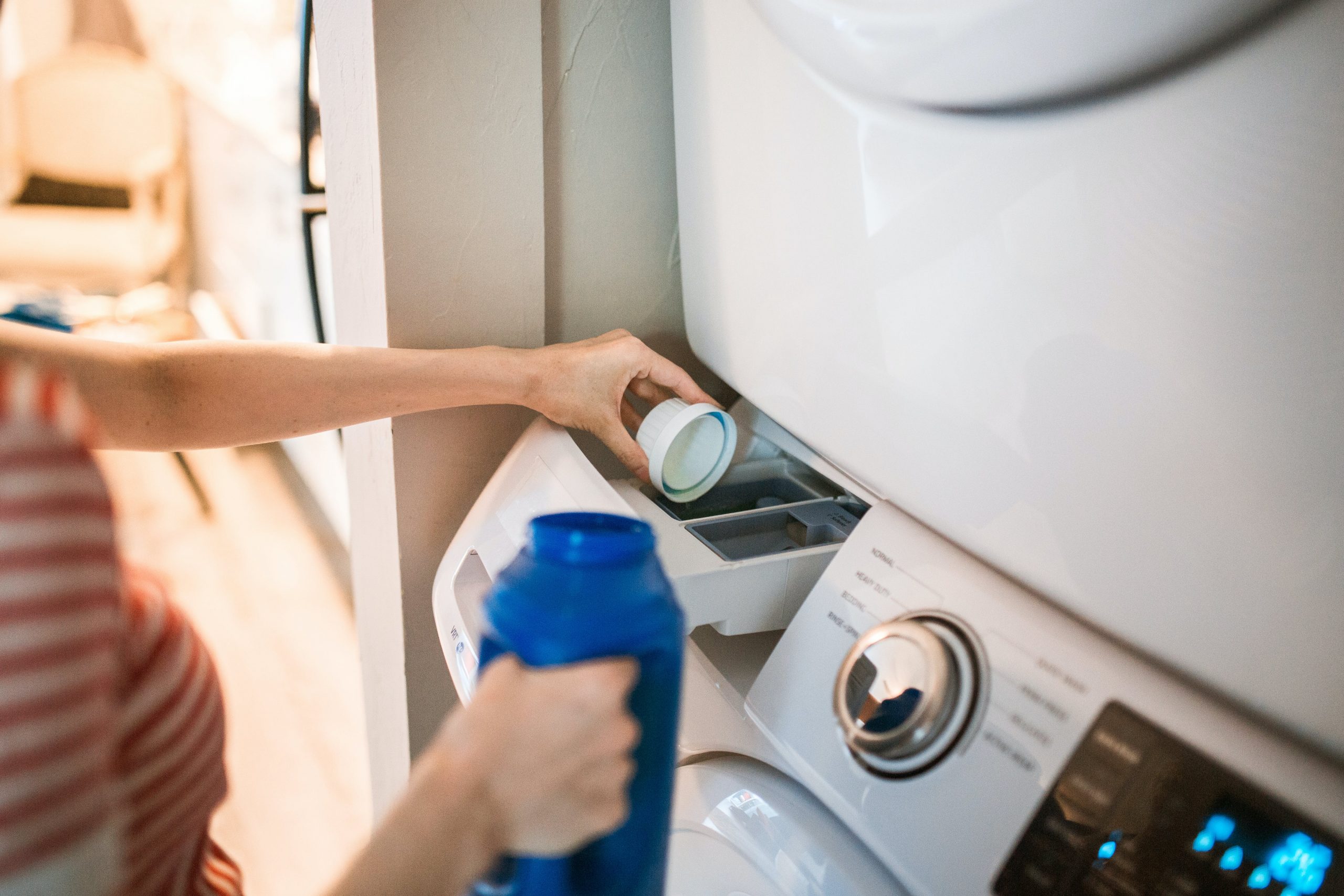
Fragrances and harsh chemicals in some laundry detergents can cause skin irritation. Clothing washed with these detergents may increase sensitivity and darkening of existing spots, may it be melasma, acne scars, or sun spots, especially in individuals with sensitive skin.
Instead of using laundry detergents with synthetic fragrances and harsh chemicals, individuals concerned about their skin health can opt for fragrance-free or hypoallergenic laundry detergents. You can also consider doing a second rinse for your laundry. This helps ensure that any residual detergent is thoroughly removed from your clothes, reducing the likelihood of skin irritation.
6. Washing your face with unfiltered water may contribute to the discolouration of your skin

Water sources containing high levels of heavy metals, such as copper or iron, may contribute to skin discolouration over time. If you notice your acne scars or age spots worsening, there’s a chance it could be due to the tap water you’re using to rinse your face.
To help with this, you can invest and install a water filtration system for your home. This will help eliminate or reduce the concentration of heavy metals in your tap water, providing a cleaner and safer supply for drinking or washing your face.
7. Using harsh skincare products or ingredients can compromise the skin’s protective barrier, potentially causing or worsening hyperpigmentation
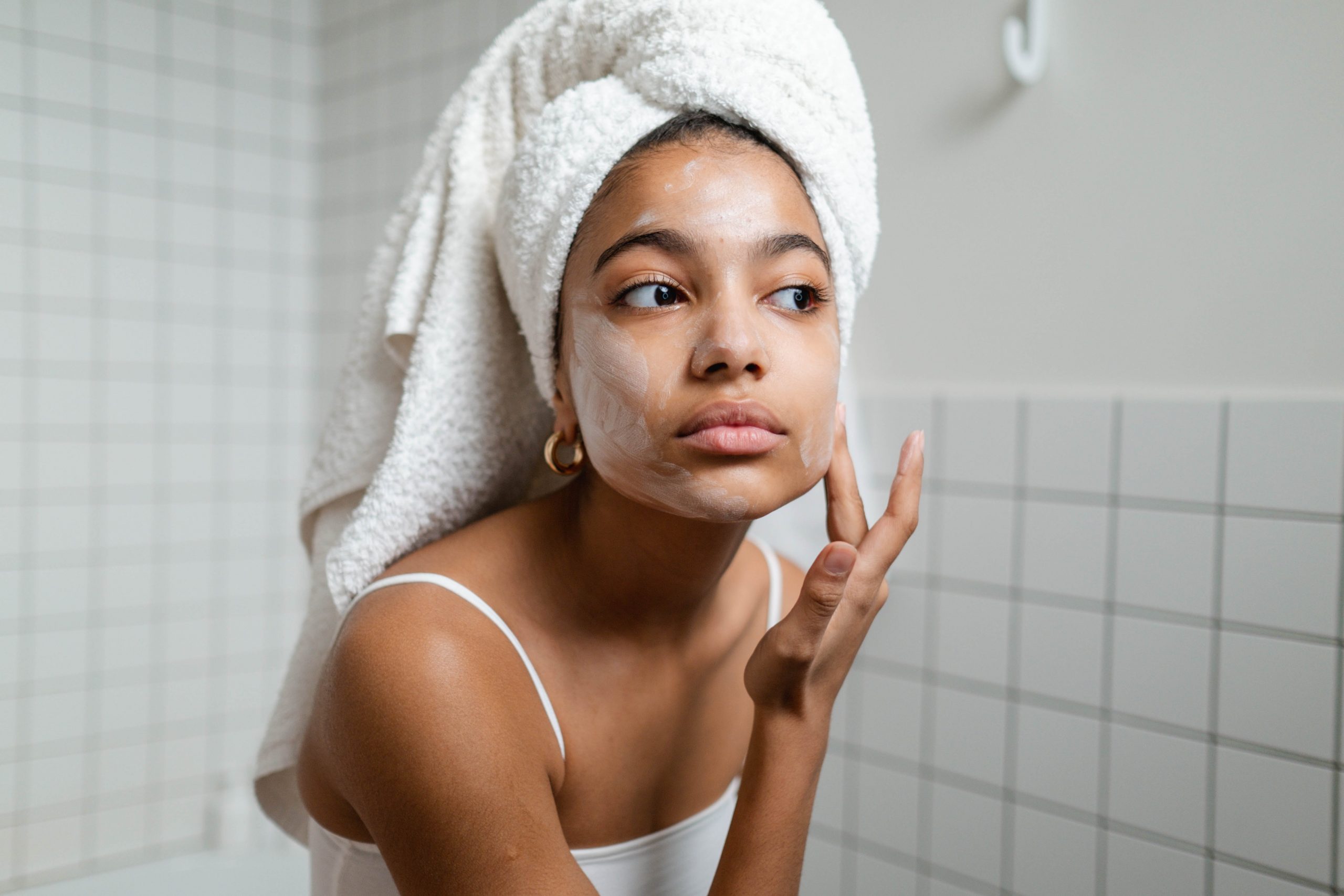
Aggressive exfoliation or the use of products containing harsh chemicals can compromise the skin’s protective barrier, particularly impacting dark spots associated with hyperpigmentation. Ingredients such as hydroquinone, benzoyl peroxide, and certain acids may exacerbate dark spots or irritate the skin.
Opt for skincare products with gentle, dermatologist-recommended ingredients like thiamidol, niacinamide, vitamin C, or alpha hydroxy acids, which can help address hyperpigmentation issues without compromising the integrity of the skin’s protective barrier.
Apart from avoiding these unhealthy lifestyle habits, using the right skincare product to combat specific types of dark spots is equally as important
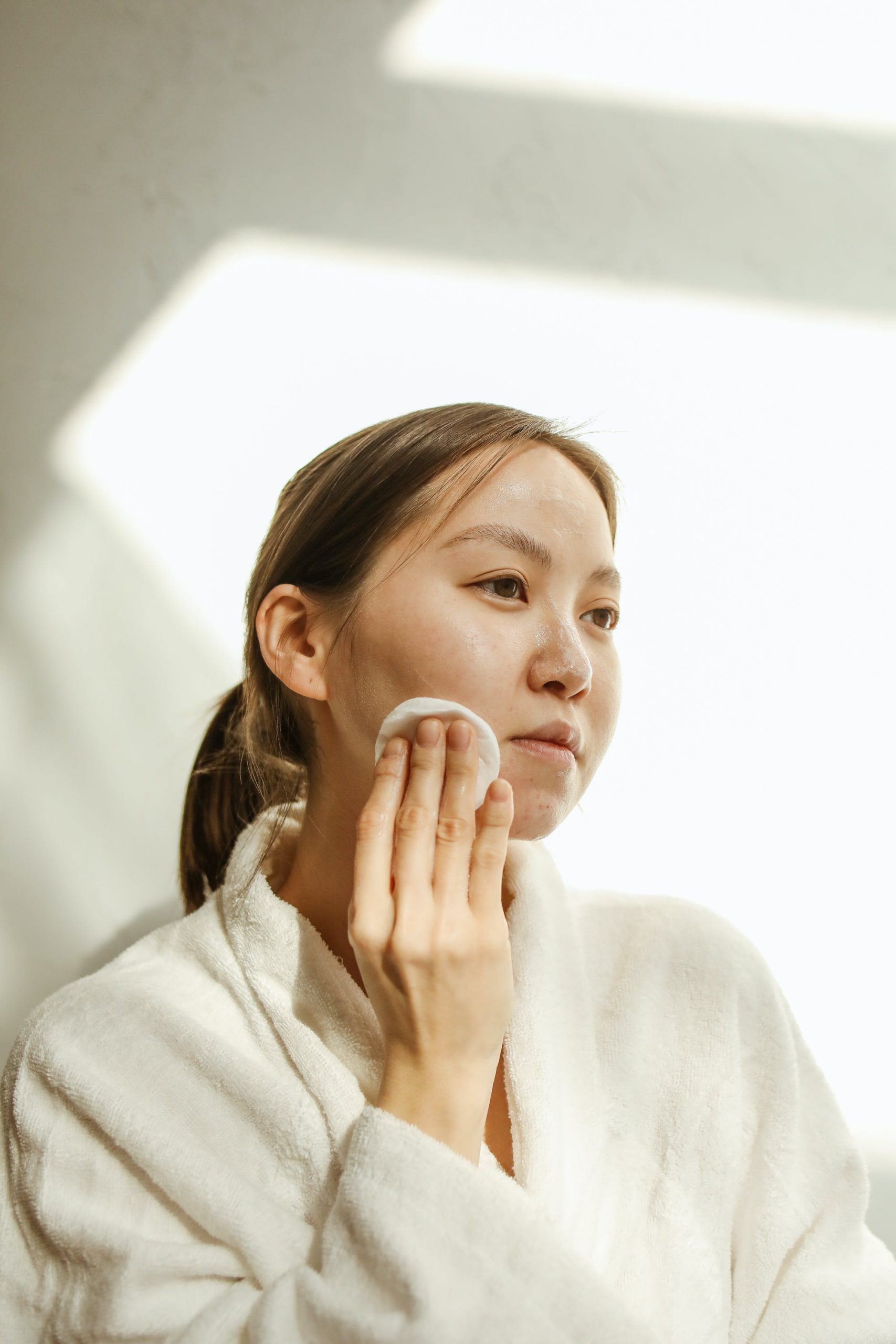
There are many popular ingredients and skincare products in the market that claim to fade dark spots, but for some of them, their impact may be superficial because they fail to address the issue at its root. And, extended use may result in only a slight lightening of certain dark spots without a significant reduction in their visibility.
It’s essential to recognise that true efficacy in treating all types of dark spots involves ingredients that not only lighten the surface but also work beneath to target the root causes, ensuring a more comprehensive and lasting solution. That’s why you should consider seeking formulations with ingredients such as thiamidol, which is known for its depth of action in eliminating all types of dark spots.
If you’re searching for something to deal with those pesky dark spots, Eucerin’s Spotless Brightening range is definitely worth a try!
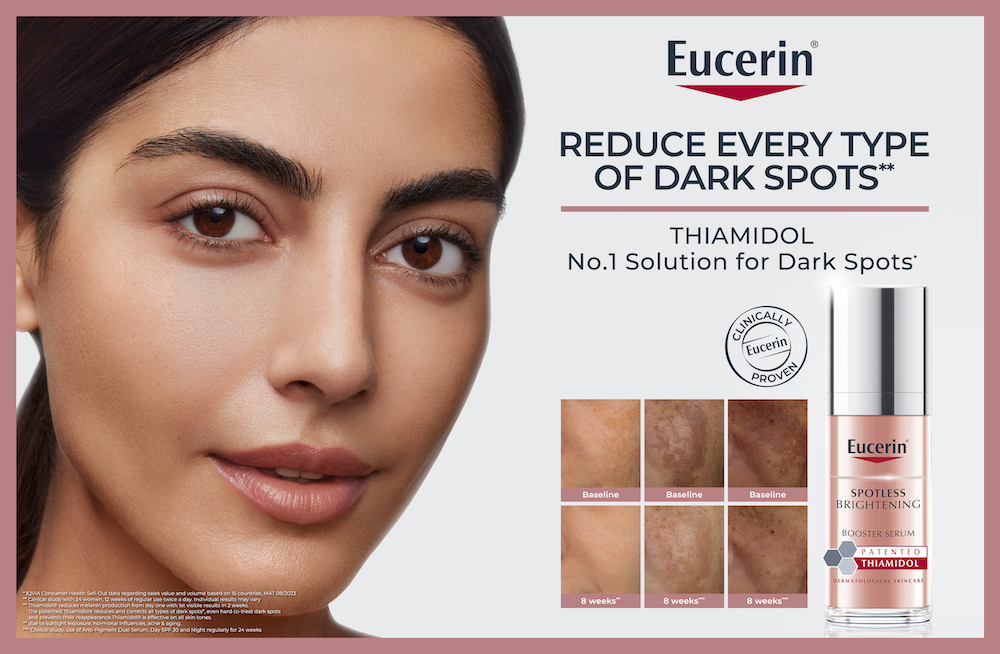
Their products contain thiamidol, which is a breakthrough ingredient clinically proven to diminish every type of dark spot in just two weeks following over 10 years of research, testing over 50,000 ingredients, and carrying out over 1,000 clinical trials on human skin.*
Thiamidol can disrupt and minimise melanin production, the culprit behind persistent dark spots. By inhibiting key enzymes crucial for melanin synthesis, it effectively reduces excessive pigmentation, leading to fewer dark spots.
What sets thiamidol apart is its proactive nature, not only diminishing existing spots, but also preventing the emergence of new ones. This ingredient actively engages in the melanin synthesis process, ensuring balance and promoting a more even, radiant skin tone.
*Based on study report STDR-064720C, observed improvement in self-graded skin radiance and brightness on the face after two weeks.
With the Eucerin Spotless Brightening Range, you can get a solution for all your dark spots
The range includes an effective brightening serum that is clinically and dermatologically proven to reduce dark spots and prevent their re-appearance, while also renewing the skin’s look. In addition, they also offer products like a spot corrector, boosting essence, cleansing foam, body lotion, and many more.
Learn more about Eucerin’s Spotless Brightening range on their website


 Get Audio+
Get Audio+ Hot FM
Hot FM Kool 101
Kool 101 Eight FM
Eight FM Fly FM
Fly FM Molek FM
Molek FM

